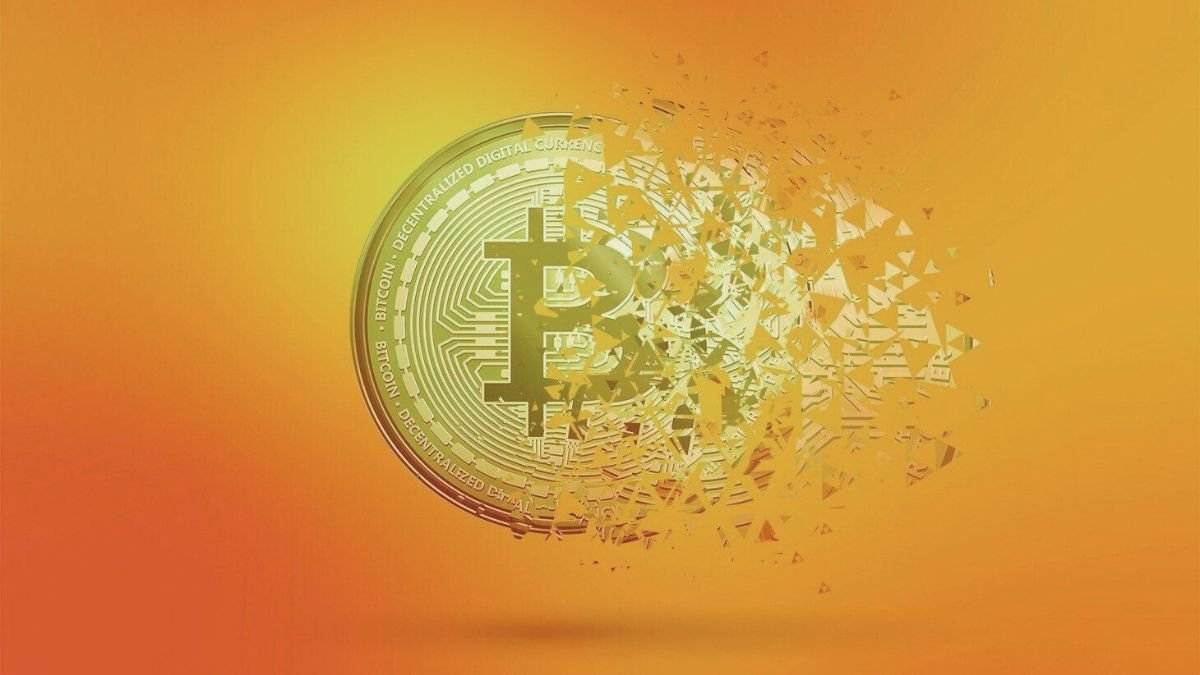
The cryptocurrency world saw a flurry of significant developments today, spanning from security threats against major blockchains to landmark regulatory progress and sobering economic forecasts. An AI-focused blockchain project fresh off a successful attack on Monero has now voted to target Dogecoin. Meanwhile, Japan is poised to enter the stablecoin race with its first-ever approved yen-pegged digital currency. Adding a layer of caution, Galaxy Digital’s CEO warned that a sky-high Bitcoin price could be a symptom of a failing economy.
Qubic Community Sets Sights on Dogecoin Following Monero 51% Attack
The community behind Qubic, an AI-centric blockchain, has voted to target Dogecoin (DOGE) for its next major operation. This decision comes just days after Qubic successfully executed a 51% attack on the privacy-focused Monero (XMR) network, a move that sent ripples of concern through the crypto security space.
Qubic’s founder, Sergey Ivancheglo (who goes by the pseudonym Come-from-Beyond), presented the community with several potential targets, including the popular memecoin Dogecoin, as well as Kaspa (KAS) and Zcash (ZEC). The vote was decisive; Dogecoin received over 300 votes, surpassing the combined total of all other options.
A 51% attack occurs when a single entity or group gains control of more than half of a blockchain network’s mining hash rate, allowing them to potentially disrupt transactions and double-spend coins. The fact that Qubic has demonstrated this capability and is now openly targeting other established proof-of-work blockchains could spell significant trouble and instability for these networks.
Japan Set to Approve First Yen-Pegged Stablecoin This Fall
In a major step forward for digital currency regulation, Japan’s Financial Services Agency (FSA) is preparing to approve the country’s first domestically issued, yen-pegged stablecoins. The approval is expected as early as this fall, marking a significant milestone for Japan’s digital economy.
The Tokyo-based fintech firm JPYC is set to lead this initiative. The company will reportedly register as a money transfer business this month to facilitate the rollout. The JPYC stablecoin is designed to maintain a strict one-to-one peg with the Japanese yen (1 JPYC = 1 JPY). Its value will be backed by highly liquid assets, such as Japanese government bonds and traditional bank deposits, ensuring stability and trust.
This move positions Japan to carve out a niche in the global stablecoin market, which has ballooned to over $286 billion and is currently dominated by US dollar-pegged assets like Tether (USDT) and Circle’s USD Coin (USDC). While dollar-based stablecoins are already in use within Japan, the introduction of a native, regulated yen-based offering is a landmark development for the nation’s financial landscape.
Mike Novogratz: A $1 Million Bitcoin in 2026 Signals Economic “Trouble”
While many investors dream of a million-dollar Bitcoin, Galaxy Digital CEO Mike Novogratz issued a stark warning that such a price point in the near future would not be a sign of success, but rather a symptom of a deeply troubled US economy.
Speaking on the Coin Stories podcast, Novogratz cautioned against celebrating a rapid, parabolic rise to that level. “People who cheer for the million-dollar Bitcoin price next year, I was like, Guys, it only gets there if we’re in such a shitty place domestically,” he stated.
Novogratz explained that a flight to a seven-figure Bitcoin price would likely be driven by a severe devaluation of the US dollar and a loss of faith in the traditional financial system. In such scenarios, investors rush to “safe haven” assets to preserve their wealth, and Bitcoin is often referred to as “digital gold” for this very reason.
“I’d rather have a lower Bitcoin price in a more stable United States than the opposite,” Novogratz added, emphasizing that extreme currency crises often lead to the erosion of civil society. His comments serve as a reminder that Bitcoin’s price is not just a number on a chart, but a potential indicator of broader economic health and stability.





